Context
In today’s China, beating fraud and staying ethical is essential for long-term success. The post-pandemic slowdown exposes weak spots, echoing Warren Buffett’s warning: “Only when the tide goes out do you discover who’s been swimming naked”. Companies must identify risks and strengthen financial strategies to not only survive but thrive in economic downturns.
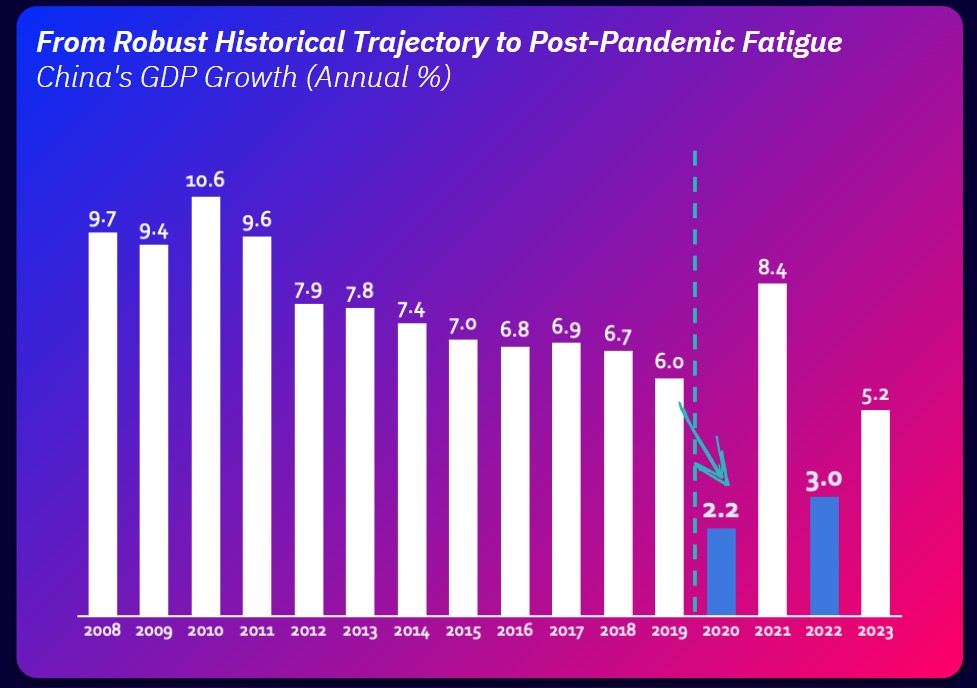
Challenge
Recent ethical breaches show no sector or part of the value chain is immune. Unethical behavior is leading to heavy fines and damaging PR, both in China and globally. The ability to prevent these actions is now crucial for sustainable growth and is receiving increased attention at the board level.
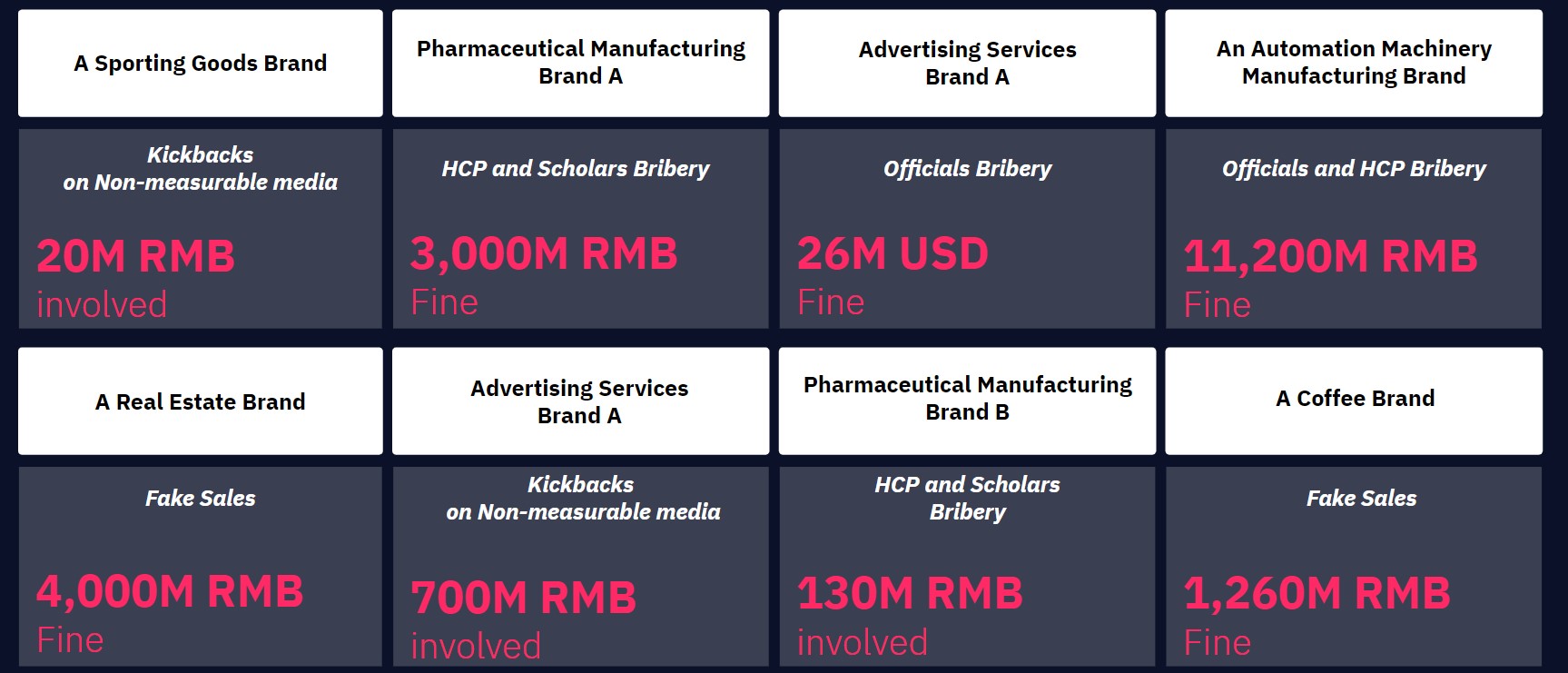
Opportunity – Enhance Commercial Integrity with GenAI
Approximately 1,400 billion RMB of business budgets are lost due to business transparency issues in China (*Artefact estimate). Utilising AI helps companies reduce these losses, which results in significant financial advantages and a stronger market presence.
We consolidated our knowledge on “AI for Business Transparency“ to provide a comprehensive overview of how AI helps to bolster ethical practices and mitigate corporate risks. By leveraging AI for business transparency, organisations can proactively identify and address fraudulent activities before they escalate.
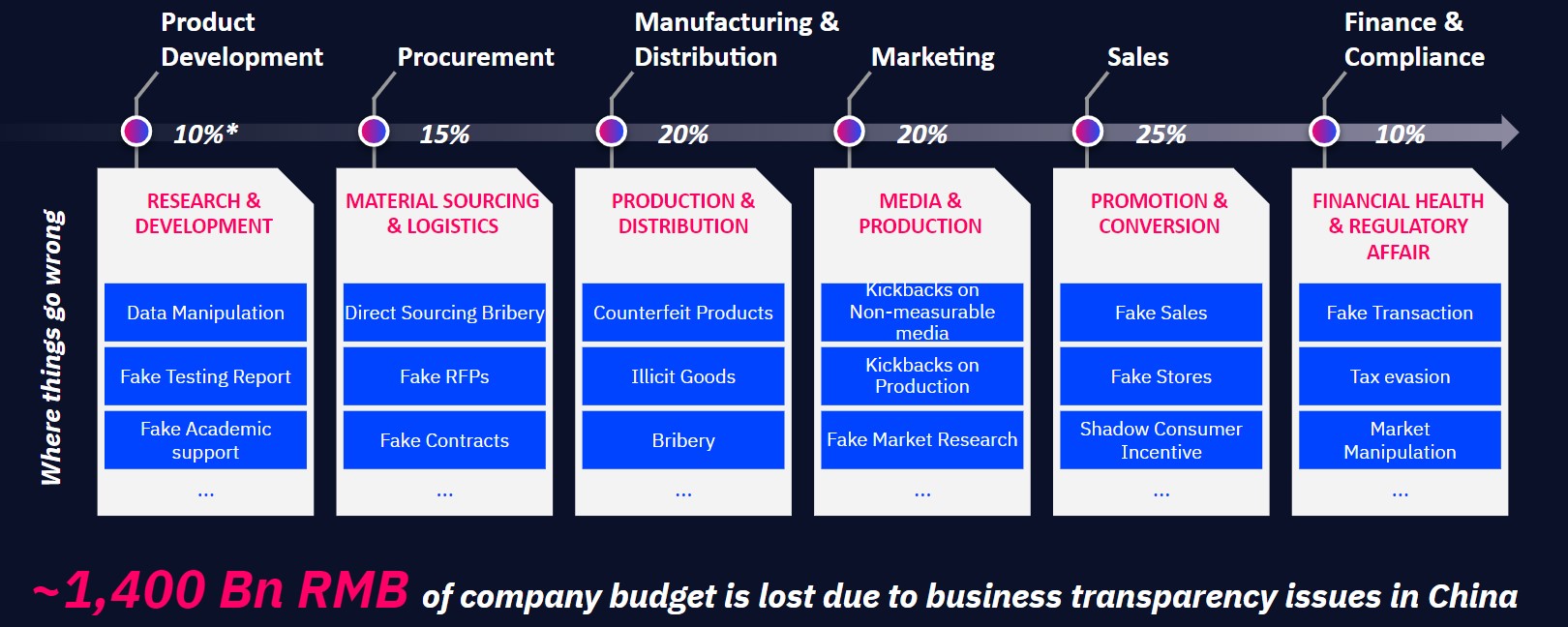
Zoom in A Case of FMCG: Sales data in silo makes it difficult to monitor and audit sales behaviours
Context: In a project aimed at enhancing transparency and reducing sales corruption risks within the FMCG industry, we supported a client grappling with the complexities of siloed sales data. This data fragmentation led to challenges in effectively monitoring and auditing sales activities, putting at risk company’s ethical standards.
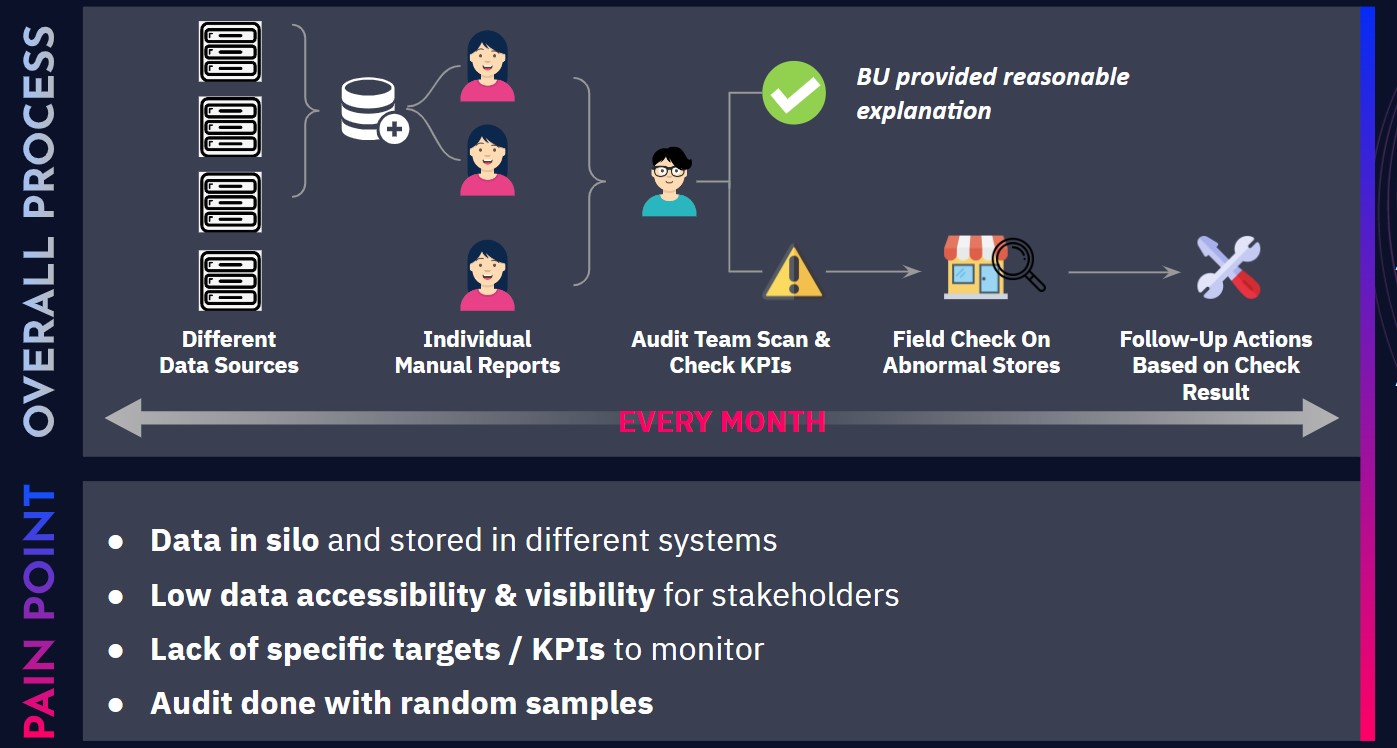
Solution: To address these pain points, an AI-driven solution has been implemented. This solution connects various sales data sources (sell-out, inventories, store visits…) into an AI detection engine designed to identify abnormal sales behaviours. It includes a machine learning model that prioritises and flags risky behaviours, supported by a dashboard that streamlines and focuses on sales audit needs. The dashboard provides to the business a comprehensive view of risky Key Accounts in Modern Trade, General Trade and Special channels stores, enabling a more targeted and efficient audit process.
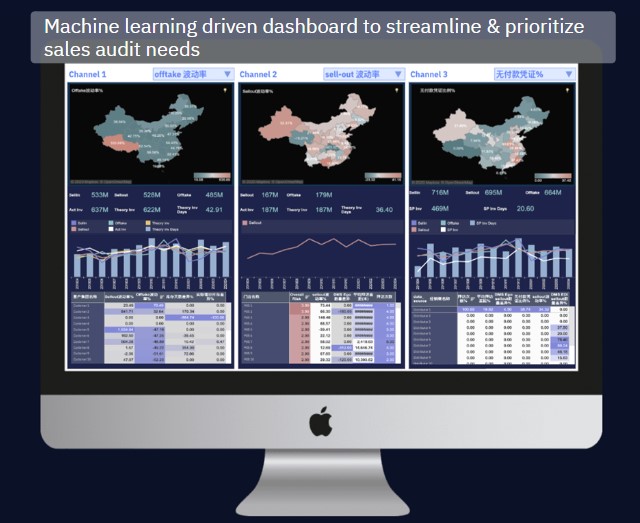
Data is the fuel — reliable data sources are essential for accurately detecting abnormalities through data analytics or machine learning models.
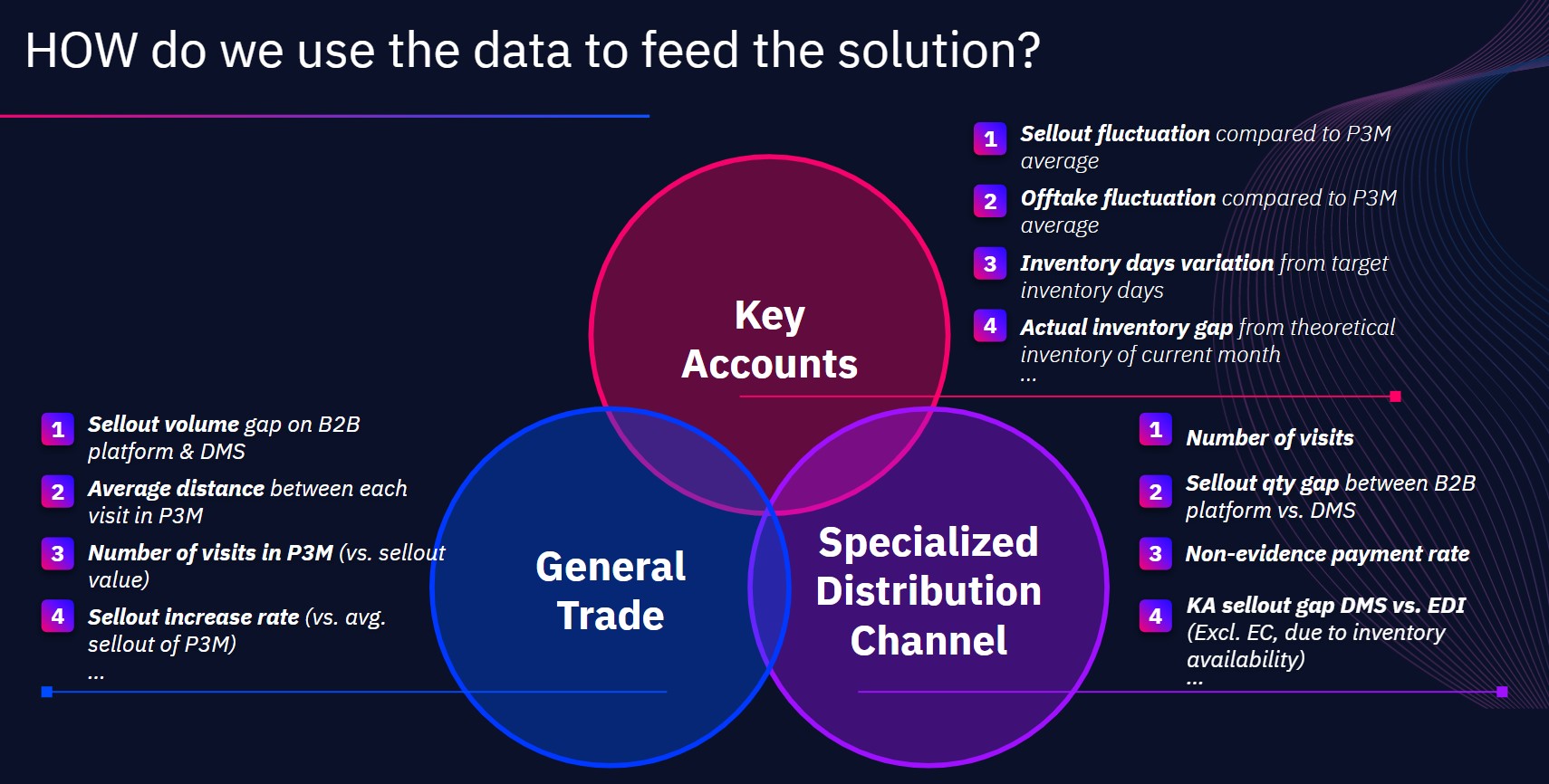
Artefact’s approach for developing a POC of “AI for Business Transparency”
Phase 1 – Flash Data Integrity Audit (2~4 weeks)
Phase 2 – Business Algorithm Setup (8~12 weeks)
Phase 3 – Business Process Reengineering & Implementation (Ongoing)
If you are interested in Artefact’s ‘AI for Business Transparency’ offering, feel free to contact Xavier Mussard for further information.

 BLOG
BLOG







